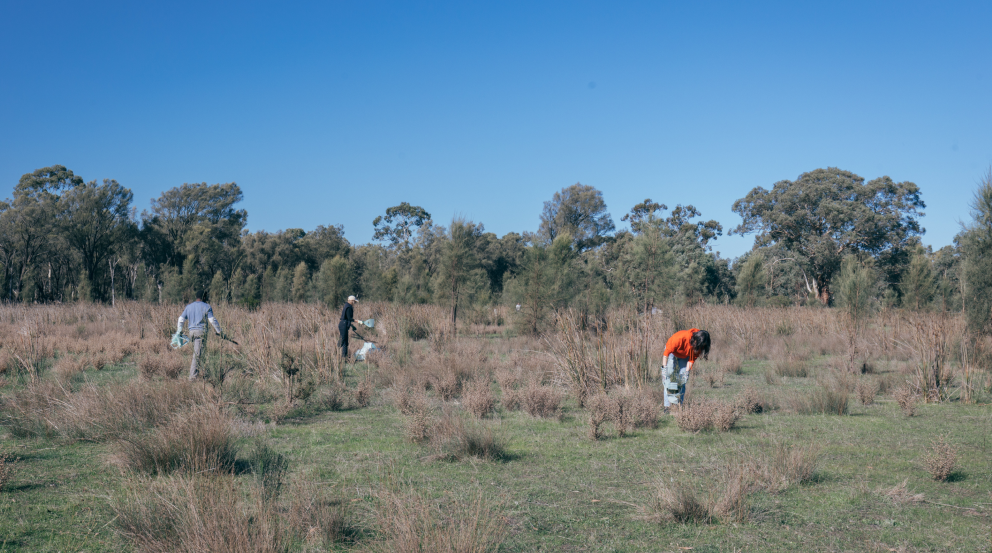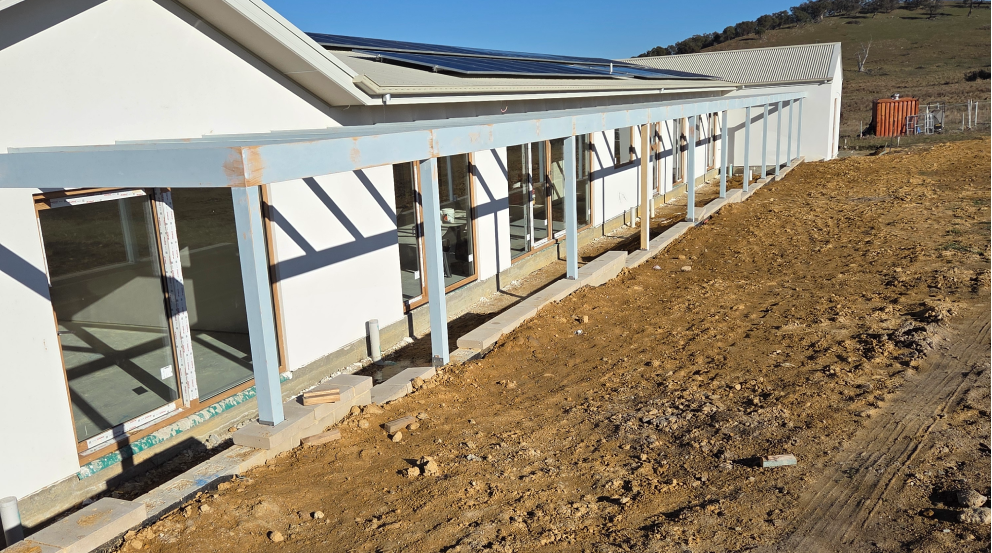With more people living in slavery and slave-like conditions than at any other time in human history, some brands are stepping up to tackle the issues head-on. Queensland-based Outland Denim is one such brand.
Right now, around the world, some 40.3 million people are living in slavery or slave-like conditions, as defined by the Global Slavery Index.
Of those 40.3 million people, nearly 25 million are in forced labour – which means they’re working for little to no money, likely in extreme conditions, and they have no choice in the matter.
So widespread is the problem that, in Australia in 2019, it’s virtually impossible to go shopping for groceries, clothes or technology without purchasing something that has been touched by slave labour at some point. The Global Slavery Index estimates that around $354 billion worth of slave-tainted products were imported into G20 countries in 2018. It’s everywhere.
With Australia’s introduction of the Modern Slavery Act on January 1 this year, and more countries than ever beginning to take action in various ways, it seems the momentum is beginning to shift. But some businesses are taking matters into their own hands.
“I could see how scared she was,” says 37-year-old James Bartle of the time he saw a young girl for sale on Cambodia’s infamous Walking Street. “My heart broke. Was somebody looking for her? Was someone trying to get her out of this situation? If that was your kid, or your own niece or nephew … there’s nothing you wouldn’t do to get them out of that situation.”
For James, who was travelling through South East Asia with an agency that helps rescue women who’ve been stolen and sold, his heartbreaking encounter with the very human reality of modern slavery soon evolved into a desire to make a difference.
The experience eventually led James to found Outland Denim, a Queensland-based jeans company that doesn’t just promise slavery-free jeans (the fashion industry makes more use of forced labour that most industry insiders would care to admit), but actively trains women and men in Cambodia who’ve been rescued from modern slavery and slave-like situations as seamstresses (or a range of other roles) and provides them with ongoing support and stable employment.
The Outland philosophy is built on four major pillars. The first is opportunity – giving these people the opportunity to work and make a living. The next is paying them living wages, which is different to minimum wage and the same as we get to enjoy here in Australia. The third pillar is training – over a two and half year period, Outland trains its staff to be able to make every part of a pair of denim jeans. “[The staff] are a huge cost on the business to begin with,” says James, “but that skill means they can go and find a job outside of Outland Denim if they want. It gives them options.”
The idea of options is important to James – the fourth and final pillar of Outland Denim is education. With his staff earning more money than they likely ever have before, James knew it would be important to provide some tools to help them deal with it. “They don’t necessarily know how to manage their money,” he says. “So we bring in external trainers to teach them how to look after their finances and budgeting, things like that.” The company also provides training in areas such as languages, healthcare, and infant care. “We just want to instil some of the education that we take for granted in a more privileged country like Australia,” says James.
Outland Denim’s hashtag is #zeroexploitation – and the company philosophy spans the full gamut of what it means to be a sustainable business in 2019. As well as caring deeply for the wellbeing and future of its staff, the company is also determined to have as little impact on the environment as possible. “We came to the realisation that you can’t claim to care about people and then not care about the environment,” says James.
The process of establishing and running Outland Denim has led James to a pretty surprising realisation: not only is there money to be made in the field of sustainable fashion, but making money is imperative if Outland – or anyone – hopes to make a difference over the long-term. “None of this ever works unless it’s viable,” he explains. “And that only happens if you’ve got a product that stands alone. We’re hitting optimistic sales targets which, to me, proves that people want to be part of the change.”
Perhaps most interestingly, James believes that by focusing so much on charity over the past few decades, we may have been missing a trick in terms of harnessing the power of the consumer. “A lot of brands have gone and made these products that people don’t really want, and they’re only buying them to make a donation,” he says. “But we don’t want donations. We want people to buy a product because they love it. And when you have someone that does that, you have a potentially lifelong customer. If you have a lifelong customer, who knows they’re getting the product they love, while also helping give freedom to somebody on the other side of the world – I don’t think you can get any better than that. I think that’s the solution to a lot of the economic problems we’re facing within developing nations.”
While Outland’s jeans are currently priced on the premium end of the scale (the Duchess of Sussex, Meghan Markle, was photographed wearing a pair during a recent visit to Australia – a fact that led to a 948% increase on traffic to the brand’s website), James recognises the need for accessibility in the sector. “Part of that comes back to education for the consumer as well,” he says. “Fast fashion means someone will say, ‘OK, I’ll have 10 pairs of jeans at $30 each’, and when that happens, we know that is absolutely promoting slavery. But nobody should be condemned in this – it’s not about boycotting brands all at once. It’s about starting to make wiser choices.”
To date, Outland has employed 96 people, and the company is currently recruiting. “It’s growing faster than we can employ and train people at the moment,” says James. “Which is an incredible problem to have.”
Visit Outland Denim to find out more, or find out who made your jeans using the Ethical Fashion Guide.








